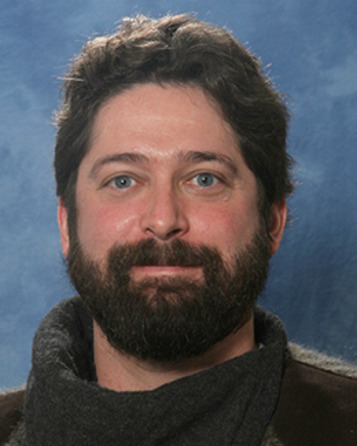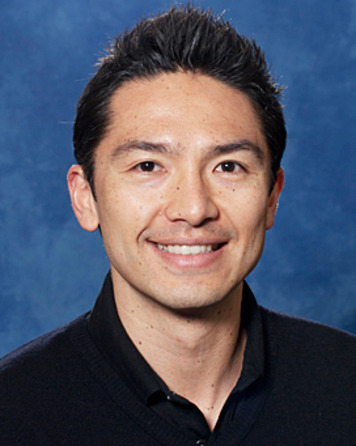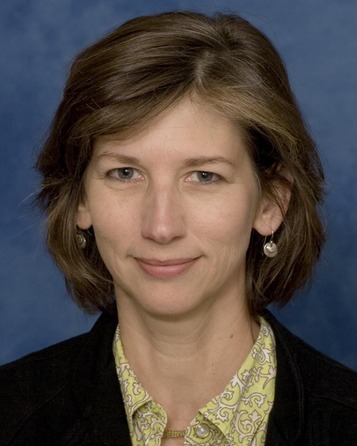
Lunar Studies
About
Lunar research was one of the hallmarks of the Lunar and Planetary Laboratory in its first decade (the 1960s) as the United States prepared for the Apollo missions and LPL led the way in mapping possible landing sites. In the half-century since, the kinds of lunar research performed have changed, but the Moon is still an object of intense scrutiny. Our nearest neighbor in space lacks many of the processes occurring on the surface of Earth today, including the effects of wind, water and biology, so the rocks on its surface contain records of a much earlier era of Solar System history. On the other hand, because it lacks either an atmosphere or a strong internal magnetic field, its surface experiences effects that the Earth’s surface does not. Current LPL researchers study many different aspects of the Moon, including its composition, history, surface properties, magnetic field, interior structure, and even its tenuous atmosphere. Although the first studies were done with telescopes, we now have everything from the samples returned in the Apollo missions to modern spacecraft missions in orbit around the Moon. Read more about our history with lunar research.
Faculty
Lunar Studies Faculty

Jeffrey Andrews-Hanna
Professor
Lunar Studies, Planetary Geophysics, Planetary Surfaces, Titan & Outer Solar System
Erik Asphaug
Professor
Lunar Studies, Planetary Analogs, Planetary Geophysics, Planetary Surfaces, Small Bodies, Theoretical Astrophysics, Titan & Outer Solar System
Jessica Barnes
Associate Professor
Cosmochemistry, Lunar Studies, Planetary Analogs
William Boynton
Professor Emeritus
Astrobiology, Cosmochemistry, Lunar Studies, Small Bodies
Veronica Bray
Associate Research Professor
Lunar Studies, Planetary Analogs, Planetary Surfaces
Lynn Carter
Associate Department Head, Professor, University Distinguished Scholar
Earth, Lunar Studies, Planetary Analogs, Planetary Geophysics, Planetary Surfaces, Titan & Outer Solar System
Christopher Hamilton
Associate Professor
Astrobiology, Earth, Lunar Studies, Photogrammetry, Planetary Analogs, Planetary Geophysics, Planetary Surfaces
Angela Marusiak
Assistant Research Professor
Lunar Studies, Planetary Analogs, Planetary Geophysics, Small Bodies, Titan & Outer Solar System
Isamu Matsuyama
Professor
Astrobiology, Exoplanets, Lunar Studies, Planetary Formation and Evolution, Planetary Geophysics, Theoretical Astrophysics, Titan & Outer Solar System
Alfred McEwen
Regents Professor
Astrobiology, Lunar Studies, Photogrammetry, Planetary Analogs, Planetary Geophysics, Planetary SurfacesOther Researchers
Lunar Studies Researchers

Elana Alevy
PTYS Graduate Student
Cosmochemistry, Lunar Studies, Small Bodies
Brett Carr
Researcher/Scientist
Earth, Lunar Studies, Photogrammetry, Planetary Analogs, Planetary Surfaces
Rishi Chandra
PTYS Graduate Student
Earth, Lunar Studies, Planetary Analogs, Planetary Geophysics, Planetary Surfaces, Small Bodies
Orion Hon
PTYS Graduate Student
Earth, Lunar Studies, Planetary Surfaces
Alexandra Le Contellec
Postdoctoral Research Associate
Earth, Lunar Studies, Planetary Analogs, Planetary Geophysics, Planetary Surfaces, Titan & Outer Solar System
Sarah Sutton
Photogrammetry Program Lead, HiRISE, Researcher/Scientist
Earth, Lunar Studies, Photogrammetry, Planetary Analogs, Planetary Surfaces

